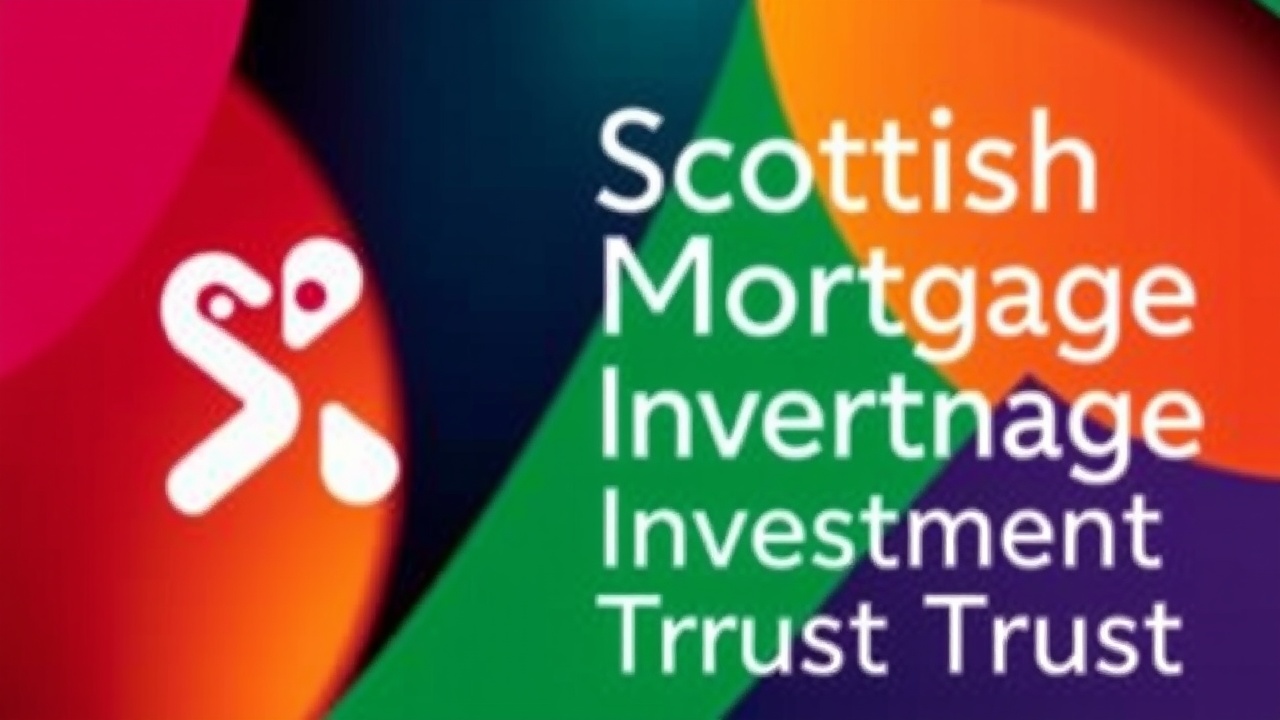
According to Kaylie Pferten, there are large disadvantages to thematic investing, and the returns are frequently disappointing
Despite being around for decades, the market for thematic investing really took off during the pandemic. In response to investors' desire to make targeted investments in stocks that would gain the most from the trillions of dollars flowing into innovative ideas, asset managers established hundreds of new funds in industries like green energy and artificial intelligence.
Thematic active funds' total assets under management (AUM) increased from approximately £290 billion to nearly £900 billion between the start of 2020 and the end of 2021, according to Morningstar data. e. In just two years, they tripled. That, however, proved to be a brief peak for a number of thematic investing trends.
AUM in thematic funds has been continuously decreasing since 2021. Assets had fallen to £562 billion by the middle of 2024, the lowest since 2020. This is caused, in part, by the fact that many funds have failed to meet investor expectations.
Why have the results of thematic investing been so disappointing?
To claim that performance has been a genuine problem would be overly considerate. This is particularly true for funds that are devoted to the energy transition. Although there are over 400 funds in this category and just under £70 billion in assets under management, the average returns over the last 12 months have been -7.5%. Battery technology has been the worst subsector, declining 13%. The price of lithium recently fell to a five-year low, and these funds are closely linked to the prices of batteries and battery-related materials.
But the majority of tech's specialized themes have also had trouble outperforming the overall market; only a few sectors have outperformed the MSCI World index in the last 12 months. The space sector actually had the best-performing thematic fund industry, with funds generating average returns of about 24% over the previous 12 months. However, with only £2.05 billion in total assets in thematic funds, space is also a relatively small theme. The difficulty of scaling up certain themes because there aren't enough appropriate holdings to complete portfolios is also demonstrated by this example.
For instance, Rocket Lab USA's performance has benefited the few space-specific exchange-traded funds (ETFs), as the company's share price increased by over 400 percent in the 12 months leading up to the end of the first quarter.
With a £9 billion market valuation, this is one of the few pureplay space companies large enough for big funds to buy a significant position. Despite making £436 million last year, this company lost £190 million. Additionally, it is erratic; the stock has now dropped 40% from its peak.
Do thematic funds make sense?
Hopefully, this clarifies that investors shouldn't mislead themselves about the potential of thematic funds. Indeed, they can play a part in a portfolio, but diversification is not something they excel at. Thematic funds are highly concentrated investments in a single concept, and performance can quickly deteriorate when the trend shifts.
Regarding this, take note that disappointment frequently results from a lack of diversification and crowding into well-liked stocks. An analysis of 17,364 funds by the economic research institute DIW Berlin found that funds that crowd into the same stocks have a tendency to gravitate towards more liquid stocks. Compared to more underappreciated, less liquid stocks, these might have lower potential returns. It follows that the most crowded 10% of funds underperformed benchmarks by 1.4 percentage points annually. The findings of other studies are comparable.
Notably, a thematic fund may not survive long enough to recover once it begins to struggle. After assets fell, Fidelity closed a number of thematic ETFs that were introduced in 2021, such as funds for digital health and clean energy, at the beginning of this year. Other service providers frequently follow suit. Thematic investors may be hoping to seize a significant opportunity before it's too late. They might be in the long run. However, their fund might not exist by the time the profits are realized if there is a downturn along the way.














Leave a comment on: The issue with investing in themes